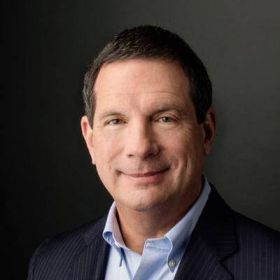'Church burnout': Christian leader cites five reasons why members leave their church — and what to do to counter it

"Church burnout" is a real thing, says LifeWay Christian Resources president Thom S. Rainer, although when it happens, when more and more members opt to leave their church, people still get shocked and surprised.
"Some members gradually become less and less involved until you don't see them anymore," he writes in an article for Charisma News.
Rainer then shares five reasons why church members "burn out," then offers some tips that can hopefully counter it.
The first reason is that the church does not have any clear purpose or vision. Rainer says the business of the church is not the problem, rather the lack of clarity it has on its vision.
"Give church members a clear 'why' to the ministry they do, and many will never grow weary of the work," he assures.
The second reason Rainer cites is that the church has certain activities that they keep doing over and over again. "Few things lead to burnout more quickly than asking a member to be a part of something that has ceased to be useful to the church," he says.
The third reason is that too few members are doing most for the ministry. "This issue is both a symptom and a cause. In most established churches, about 90 percent of the ministry is done by one-third of the members," he says.
Next, Rainer observes that most churches do not celebrate enough. Celebrations are important because these serve as motivators for church members to continue their labour and ministry, and they remind members of God's provisions and how His victories are working through them.
Lastly, the church sometimes do not provide clear expectations of memberships. "In most of our churches, we expect little or nothing of our members, and that is exactly what we get. It is imperative for churches to have a new members' class or entry point class that provides both information and expectations," he says.











